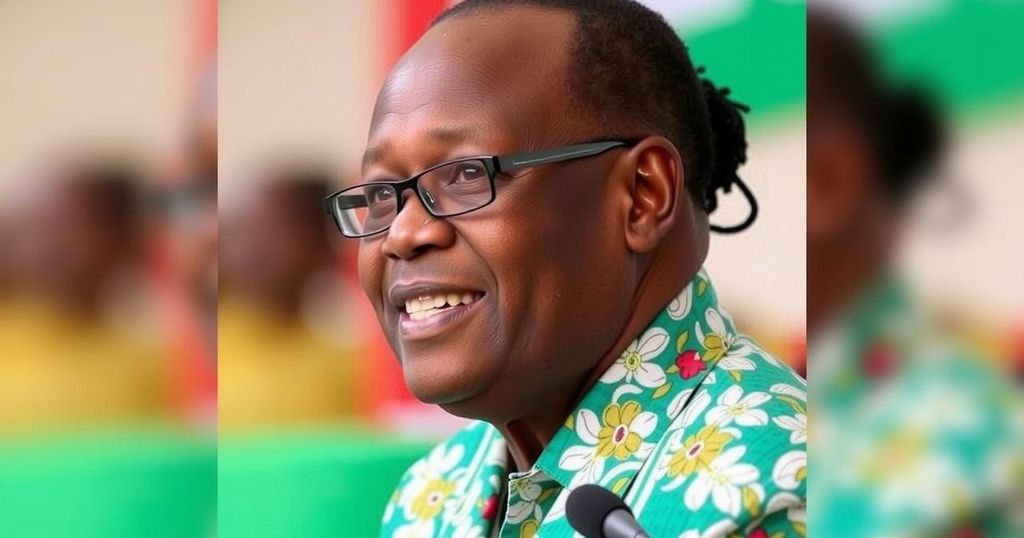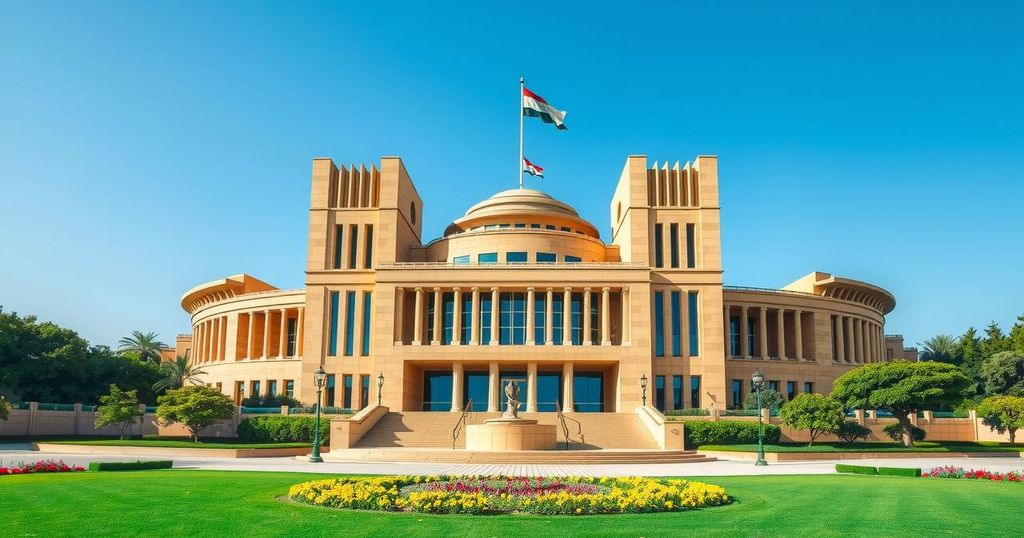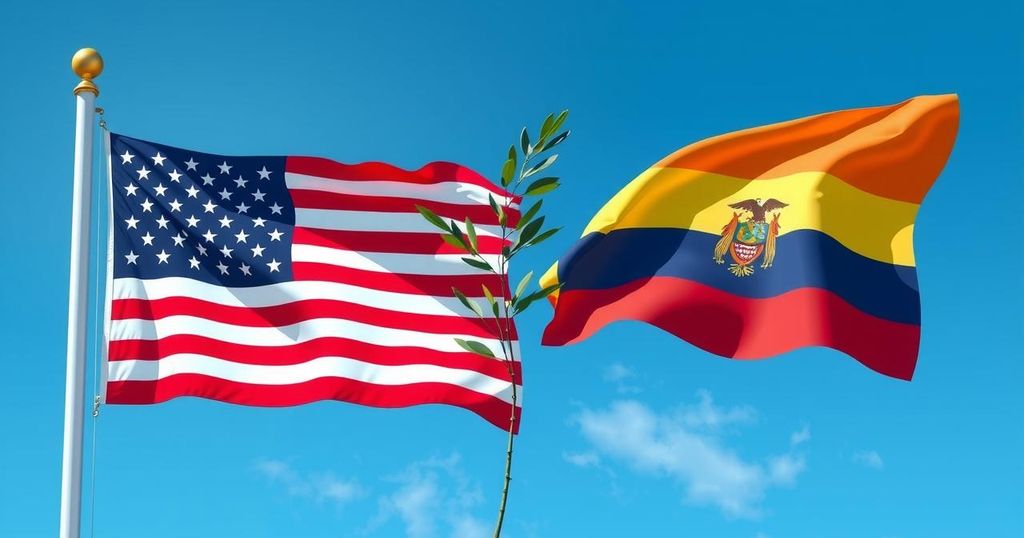Politics
AFRICA, AKUA DONKOR, ALAN KYEREMATEN, BAWUMIA, DEMOCRACY, ELECTORAL PROCESS, GHANA, GHANA FREEDOM PARTY, GOVERNANCE, GOVERNMENT, JOHN DRAMANI MAHAMA, JOHN MAHAMA, MAHAMA, MAHAMUDU BAWUMIA, NANA AKUFO - ADDO, NANA KWAME BEDIAKO, NATIONAL DEMOCRATIC CONGRESS, NDC, NEW PATRIOTIC PARTY, NPP
Jamal Walker
0 Comments
Ghana Elections: Voters Prepare to Choose New President in Economic Crisis
Ghana is set for a presidential election as Nana Akufo-Addo steps down after two terms. Former President John Mahama challenges current Vice-President Mahamudu Bawumia, while Ghanaians face significant economic issues including inflation and unemployment. The election will determine the next president and parliamentary representatives, with historical trends favoring the NDC and NPP. Results will be announced within three days, following a voting period of ten hours.
As Ghana approaches a pivotal electoral event, voters are set to choose a new president amidst a backdrop of economic challenges, including a debt crisis and rising living costs. The incumbent, Nana Akufo-Addo, is stepping down after two terms, paving the way for a new leader to emerge. Former President John Mahama is seeking a comeback for the National Democratic Congress (NDC), with Vice-President Mahamudu Bawumia as his primary contender representing the New Patriotic Party (NPP). The electorate is expected to make a decisive choice out of approximately 19 million registered voters, with significant implications for the country’s political landscape.
This election is not only a presidential race, as voters will also be selecting members of parliament in all 275 constituencies across the nation. Notably, Ghana’s recent attempts to enhance female representation in politics have faced challenges, as the only female presidential candidate, Akua Donkor, passed away before the elections, leading to her name remaining on the ballot due to the disqualification of her successor.
The historical context reveals that since the reintroduction of multi-party democracy in 1992, power has predominantly shifted between the NDC and NPP, with no party having secured more than two consecutive terms. Voters will be given a ten-hour window to cast their ballots, with results expected within three days. A presidential candidate must achieve over 50% of the votes to win outright; otherwise, a run-off will ensue later in December.
The economic crisis weighing on the electorate is significant, with soaring inflation peaking at 54.1% in 2022 and a rising poverty rate attributed to inadequate living standards. Political discourse reveals contrasting visions for Ghana’s future, with Mahama emphasizing a pursuit of opportunity and justice, while Bawumia highlights the achievements of the current government despite existing challenges. As the election unfolds, the importance of addressing youth unemployment and economic stability remains crucial for both candidates.
Ghana’s elections take place during a time of economic turmoil and substantial political transition. The nation is currently grappling with an economic crisis characterized by a debt default and soaring inflation, factors that have drastically impacted citizens’ living standards. The elections are a significant event in Ghana’s democratic process, particularly as this is the first presidential election since the two-term limit will vacate the presidency. The NDC and NPP have historically dominated Ghana’s political landscape, thus, the outcome of the election will carry substantial implications for its future governance and reform efforts.
The upcoming elections in Ghana serve as a critical juncture for the country’s political and economic future. With key figures vying for the presidency amidst an economic crisis and high inflation, the choices made by voters will significantly shape Ghana’s direction. As the nation prepares for ballot casting, the emphasis remains on addressing pressing issues such as poverty alleviation and youth unemployment. The results will reflect not merely a leadership change but a collective decision on the nation’s aspirations for growth and equity.
Original Source: www.bbc.com




Post Comment